Exploring the Rich History of Olive Oil in Portugal – From Bronze Age to World Market Ranking
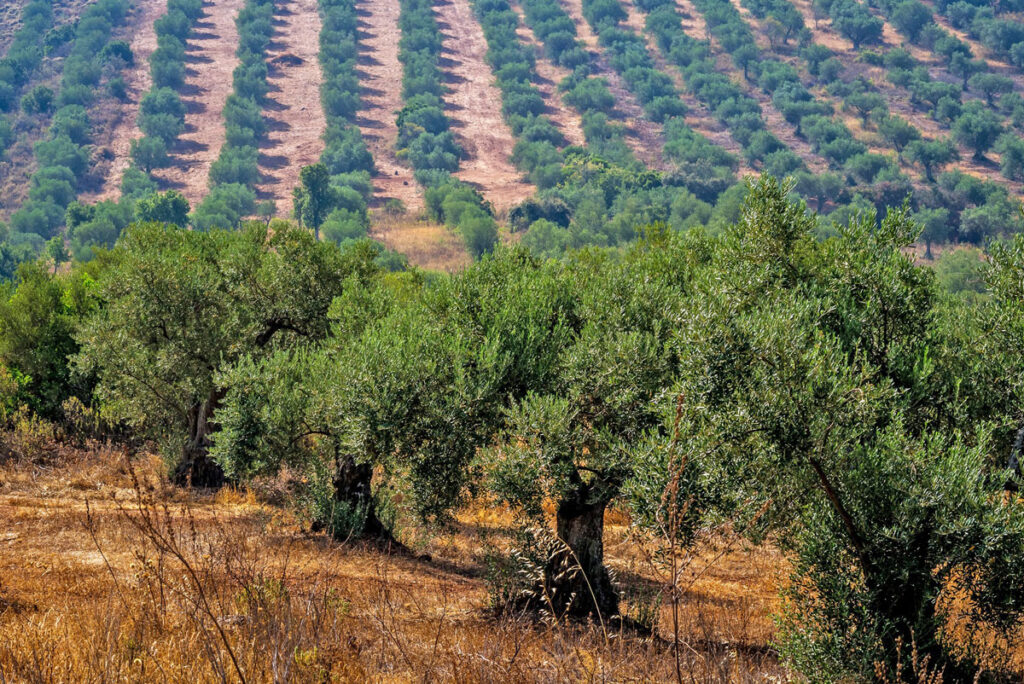
Find out why Portuguese olive oil is the best. Portugal’s history with olive oil is a long and storied one. For centuries, the country has been producing some of the highest quality olive oils in the world. From early Bronze Age cultivation to its current ranking as the world’s second-largest producer. Portugal is home to three distinct olive oil regions, each with its unique flavor profile and production methods. Each region produces its distinct variety, from the light and fruity oils. The oil from Beiras to the intense and peppery oils of the Alentejo. This fascinating history of olive oil production in Portugal is full of innovation and tradition. It has resulted in some of the best olive oils in the world.
Olive Oil Production in the Bronze Age of Olive oil.
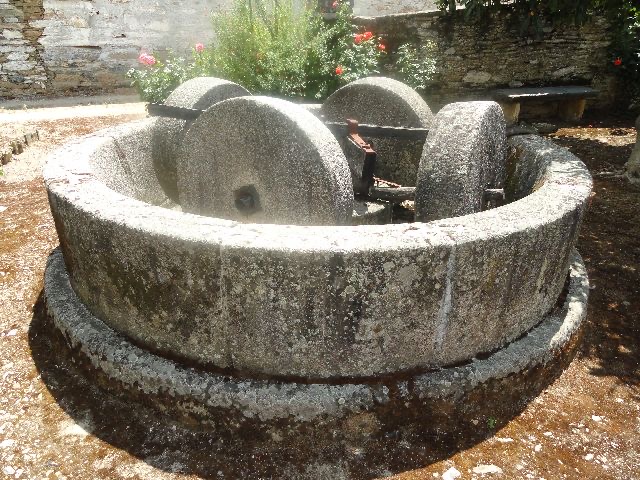
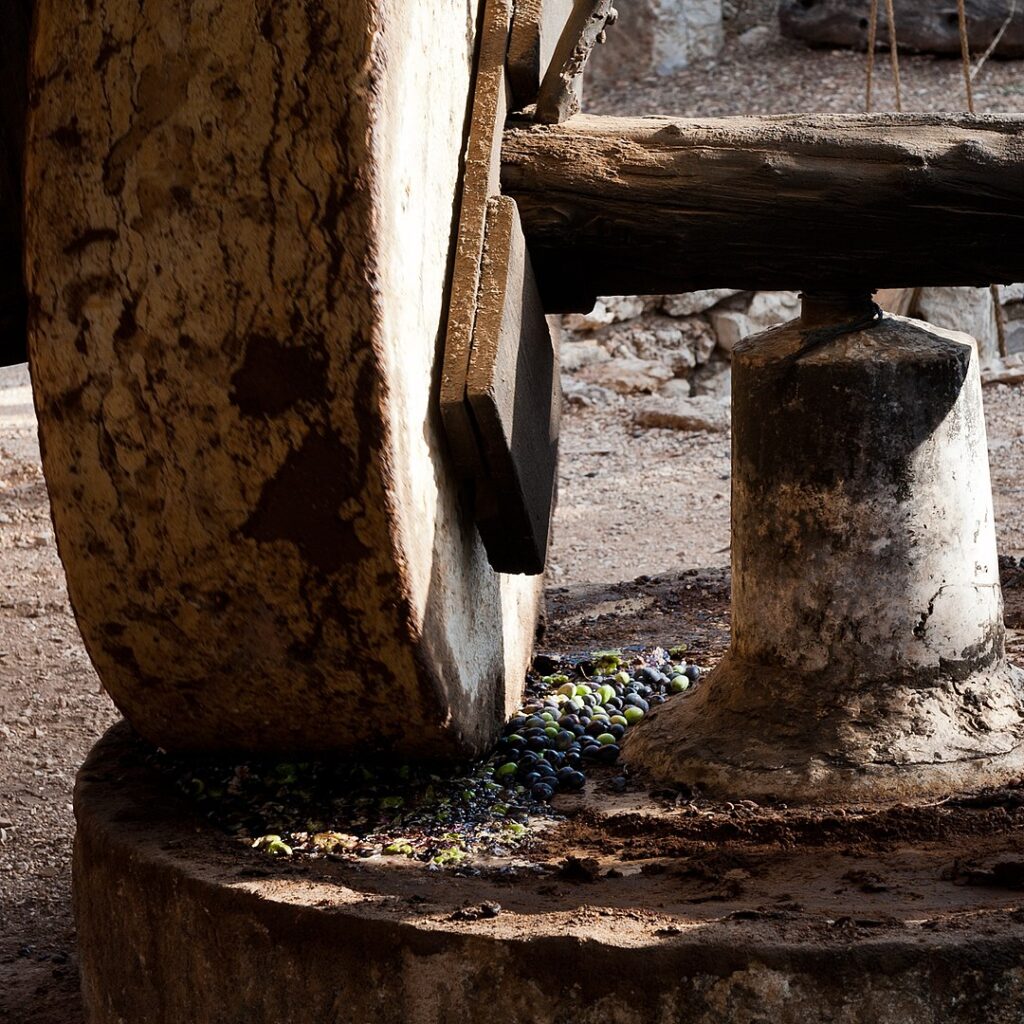
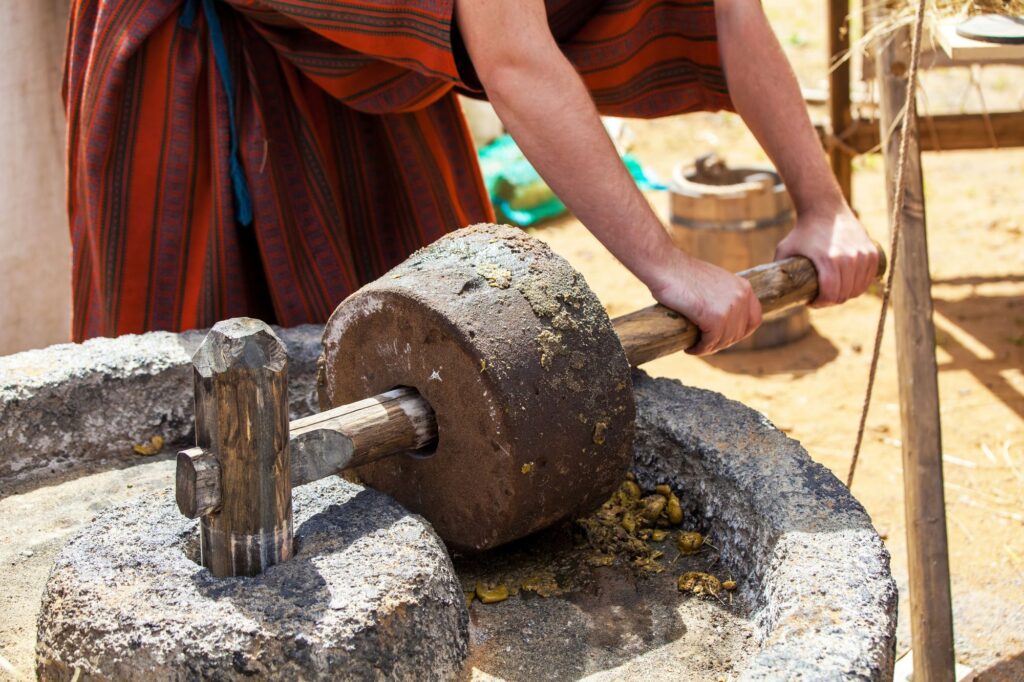
The earliest known cultivation of olives in Portugal occurred in the Bronze Age, around 2000 BCE. This early cultivation of olives was primarily a source of food, with oil production as a byproduct. The difficulty of extracting oil from olives, makes it unlikely that Bronze Age Portuguese were using it for cooking. This early cultivation of olives was primarily in coastal regions. Here the climate was warmer and the terrain less rocky than in interior regions.
Find out why Portuguese olive oil is the best.
The techniques used to cultivate the first Portuguese olives are unknown. Historians speculate that the trees were grown from seeds rather than from grafts. This would have allowed for the cultivation of a wider variety of olive trees. It would have been necessary for a climate with a shorter growing season. By the Iron Age, the use of olive oil had increased significantly. The evidence that the Portuguese were using it for both cooking and as a source of lighting. Additionally, the Portuguese are thought to have begun transporting olives to other areas of the Iberian Peninsula.
Olive Oil Production in the Middle Ages
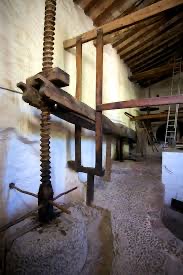
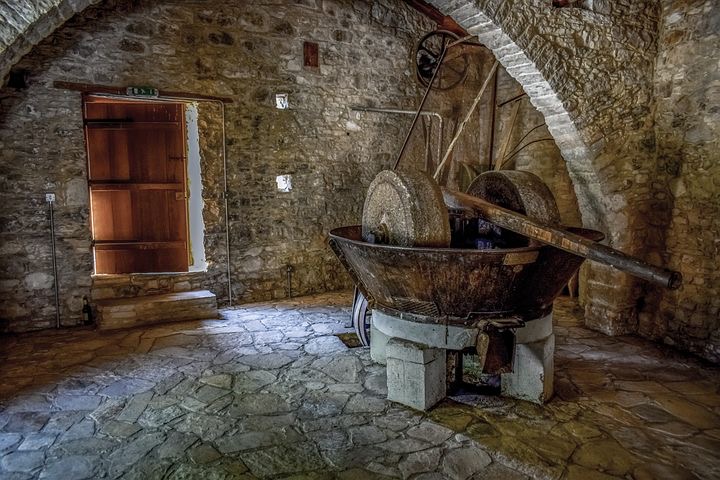
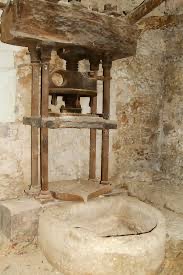
The cultivation of olives in Portugal remained relatively unchanged during the Middle Ages. Most producers focusing on the production of olive oil rather than the cultivation of the fruit itself. The primary producers of Portuguese olive oil during this time were the monasteries. They cultivated large amounts of olive trees to support their operations and to sell to the public. Most of the oil produced during this time was for use in illumination. Studies have shown that many of the monasteries used superior production techniques to produce high-quality oil that provided excellent light.
Much of the monasteries’ oil production was sold as a source of income. The quality and flavor of the oil was important to its success. This high demand for high-quality oil led to the adoption of new technologies and techniques. These including the use of a press to extract oil from olives. Also the use of wood ash to add alkaline to the pressing process. These innovations helped to ensure that Portuguese olive oil was of the highest quality.
Olive Oil Production in the Modern Age
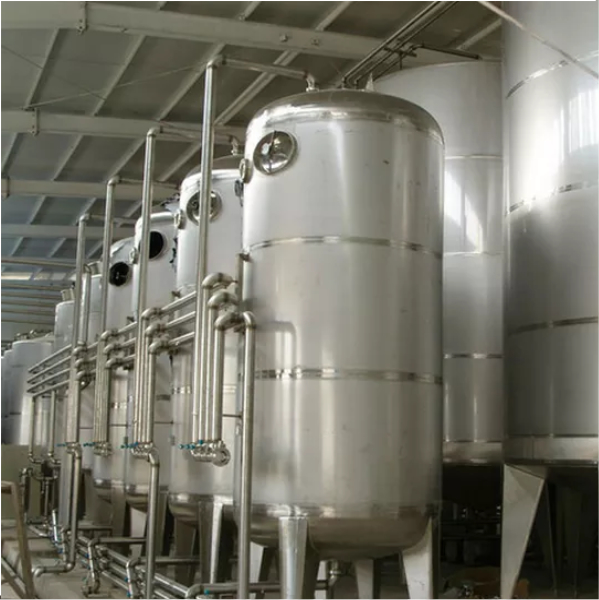
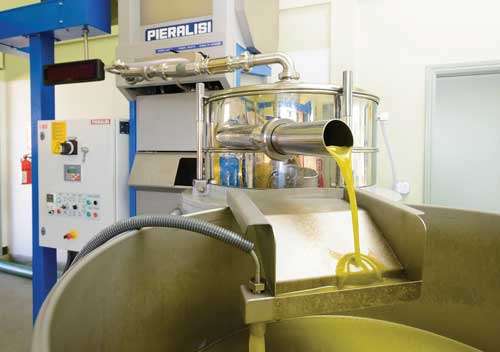
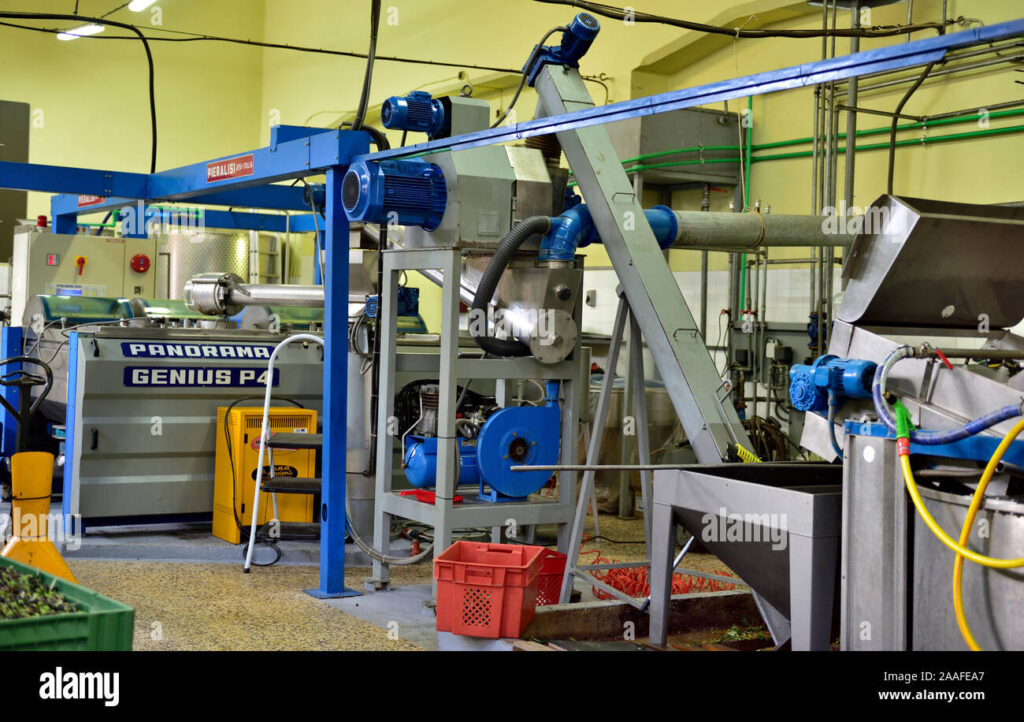
As Portugal moved into the Modern Age, so too did its production of olive oil. This century saw the introduction of new technologies and techniques. Including the introduction of the hulling machine, which made it easier to remove the olive stone from the fruit. Additionally, new refineries were built, which allowed for a greater production capacity and an easier means of transporting the oil. These innovations greatly increased the ability of Portuguese processors to produce high-quality olive oil. It also led to an increase in the variety of oils produced.
These refineries also helped to lower the cost of oil production. Making it easier for the average person to purchase high-quality oil. The end of the 19th century also saw the introduction of new varieties of olives to Portugal. It helped to improve the flavor profile of Portuguese olive oils. These new varieties, which were grown in Spain, were better suited to the climate of Portugal. Therefore helped to increase production. The new century also saw the introduction of new packaging and marketing techniques, including the use of decorative bottles. This helped to increase consumer demand, making it easier to sell high-quality products.
The Three Regions of Portugal and Their Unique Flavor Profiles
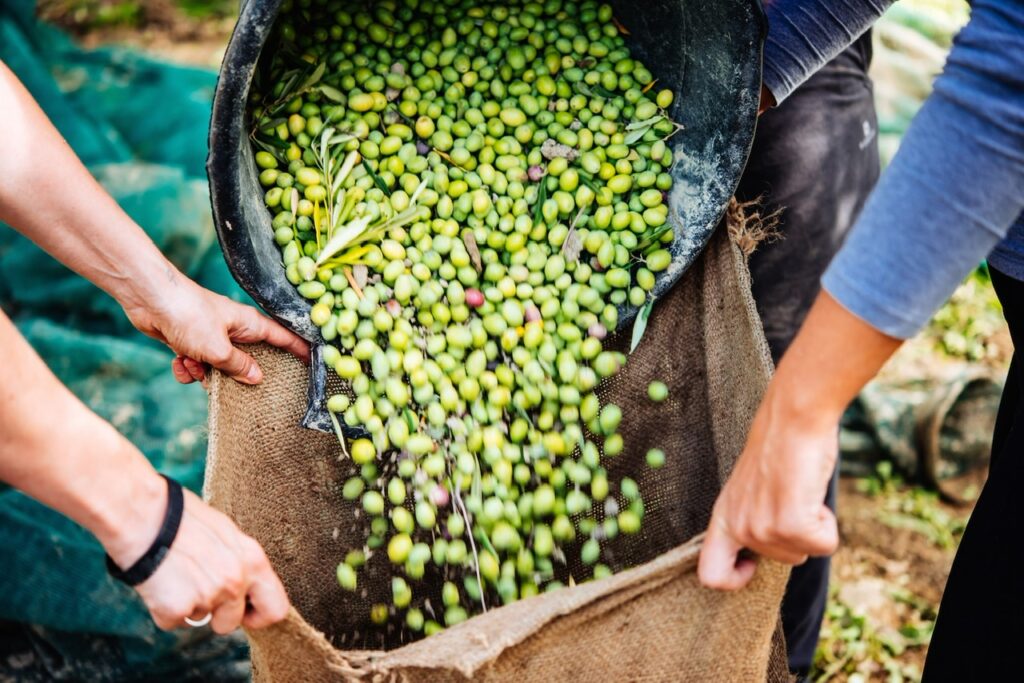

The rich history of Portuguese olive oil production has led to the creation of three distinct regions. Each with their own unique flavor profile and cultivation techniques. The Alentejo region, in the south, is responsible for over half of the olive oil produced in the country. This region is known for its intense flavor profile and thick consistency. The Beiras region, in the center of the country, produces a more unique and lighter tasting oil. This oil is often used as a salad dressing. Finally, the northern Algarve region produces an oil with a flavor profile similar to that of the Beiras region.
Find out why Portuguese olive oil is the best.Find out why Portuguese olive oil is the best.
Each region also has its own unique cultivation methods, which have been passed down through generations. In the Beiras, producers often use a method known as the Carneiro System . Trees are grown in a long, narrow row with the bark of one tree tied to the rootstock of the tree beside it. This method helps to ensure that trees receive the optimal amount of water and nutrients. It also results in a tree that is easier to harvest.
Innovations and Traditions in Olive Oil Production
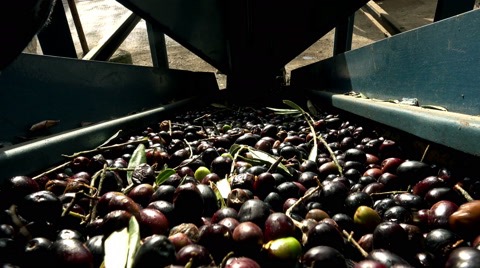
The rich history of olive oil production in Portugal has also led to the creation of several important innovations. One such innovation is introducing chemical additives to increase the amount of oil that can be pressed from the olives. While this practice is controversial, it is currently permitted in the EU. That is as long as the additives are listed on the label. Another innovation is the invention of a quicker and more energy-efficient method for decoloring olive oil. Traditions in olive oil production have also played an important role in product quality. In the Alentejo region, producers often follow a strict system known as the “tradição”. It has been passed down through generations. This system requires that producers follow the same methods and practices as their ancestors. These include the use of pesticides and fertilizers made from natural ingredients.
Portugal’s Ranking as a World Market Producer of Olive Oil
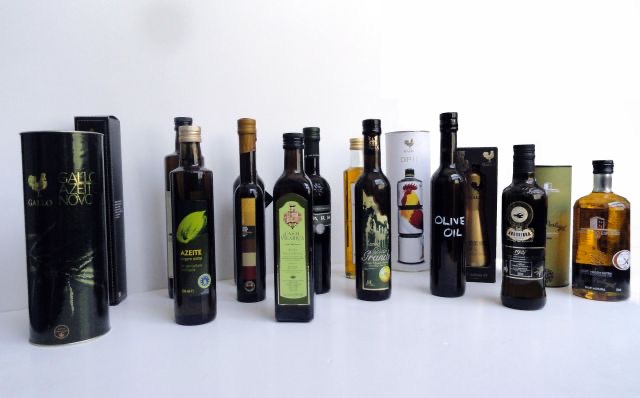
Find out why Portuguese olive oil is the best. The long history of olive oil production in Portugal has led to the country’s current ranking. As the world’s second-largest producer and exporter of olive oil. In 2017, Portugal exported over 1.9 million tons of olive oil, worth over $2.5 billion. Most of this oil was sent to countries in Southern Europe, including Spain, Italy, and France. Additionally, many Portuguese producers have begun exporting their products to Asian countries, including China and Japan. This increase in exports has led to an increase in profits for Portuguese producers. Some estimates suggesting that profits will double over the next decade.
The Impact of Olive Oil on Portuguese Cuisine
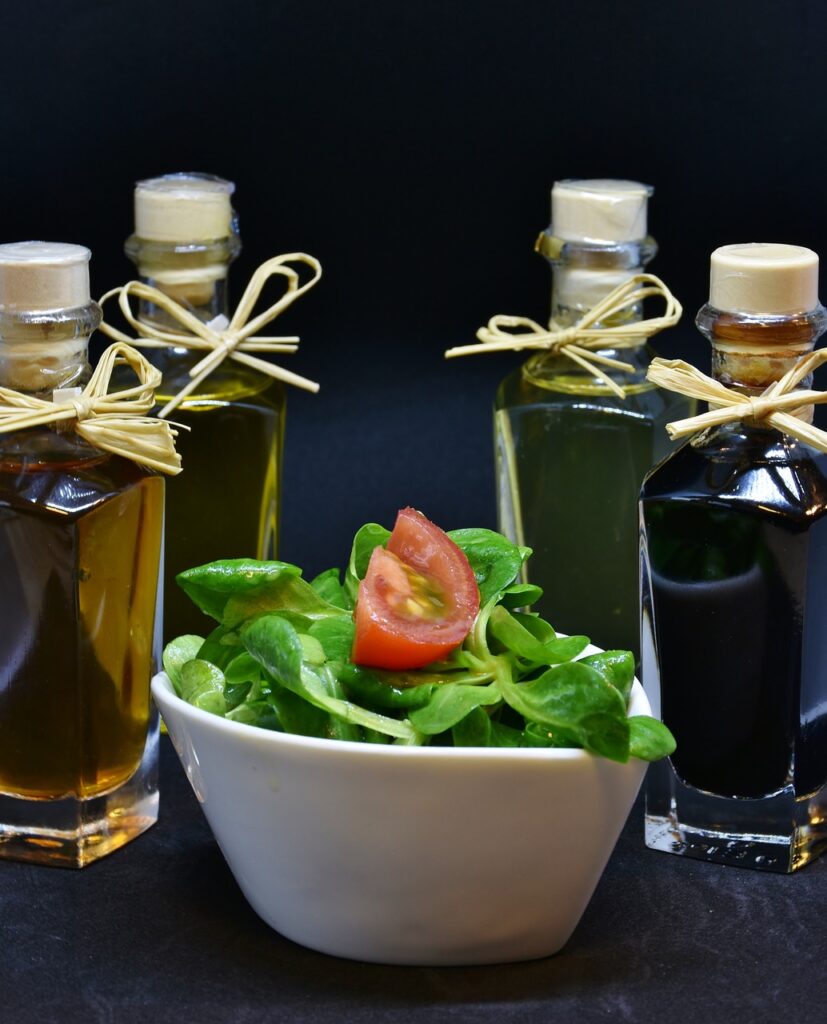
The rich history of olive oil production in Portugal has had a significant impact on the cuisine of Portugal. Nearly every dish at least partially prepared with olive oil. This widespread use of olive oil in Portuguese cuisine has led to each region’s oil having its unique flavor profile. This of course is often reflected in that region’s cuisine. The Beiras region produces a lighter and more fruity oil. It is often used to add an extra layer of flavor to fish dishes, salads, and vegetables. The Alentejo region produces a more intense oil that is often used in cooking beans or other hearty dishes. Additionally, this region is known for its use of oil in its rural areas as a replacement for butter on bread, a practice that is common throughout Southern Europe.
Conclusion on the Rich History of Olive Oil in Portugal

The history of olive oil production in Portugal is a long and storied one, dating back thousands of years. By the Middle Ages, the Portuguese had become recognized producers of high-quality oil. Today Portugal produces some of the best olive oils in the world. This long history of excellent production has led to the creation of three distinct regions, each with its flavor profile.
Additionally, this history has led to important innovations in oil production. An increase in exports that has led to a significant rise in profits for Portuguese producers. Portugal’s rich history of olive oil production dates back to the Bronze Age. Olive trees were first cultivated in the country during this age. For centuries, Portugal has been recognized as one of the world’s leading producers of olive oil. It has been ranked among the top five in the world for its production. The country’s history is deeply rooted in the production of olive oil. From its traditional production methods to its modern-day development.
Find out why Portuguese olive oil is the best.
The ancient olive groves of the family-run mills and bottling plants. Olive oil has been important in Portugal’s culture and economy. For centuries, olive oil has been an integral part of life in Portugal. Its production is deeply embedded in the country’s culture and traditions.
Today, Portugal is one of the leading producers of olive oil in the world. Portugal is ranking among the top five countries, with a production of over 200,000 tons annually. With its long and rich history, the Portuguese olive oil industry is a fascinating story of resilience and strength. Through this exploration of Portugal’s olive oil history, you will gain insight into the country’s commitment to preserving its agricultural heritage and how it has helped to shape the modern-day industry.

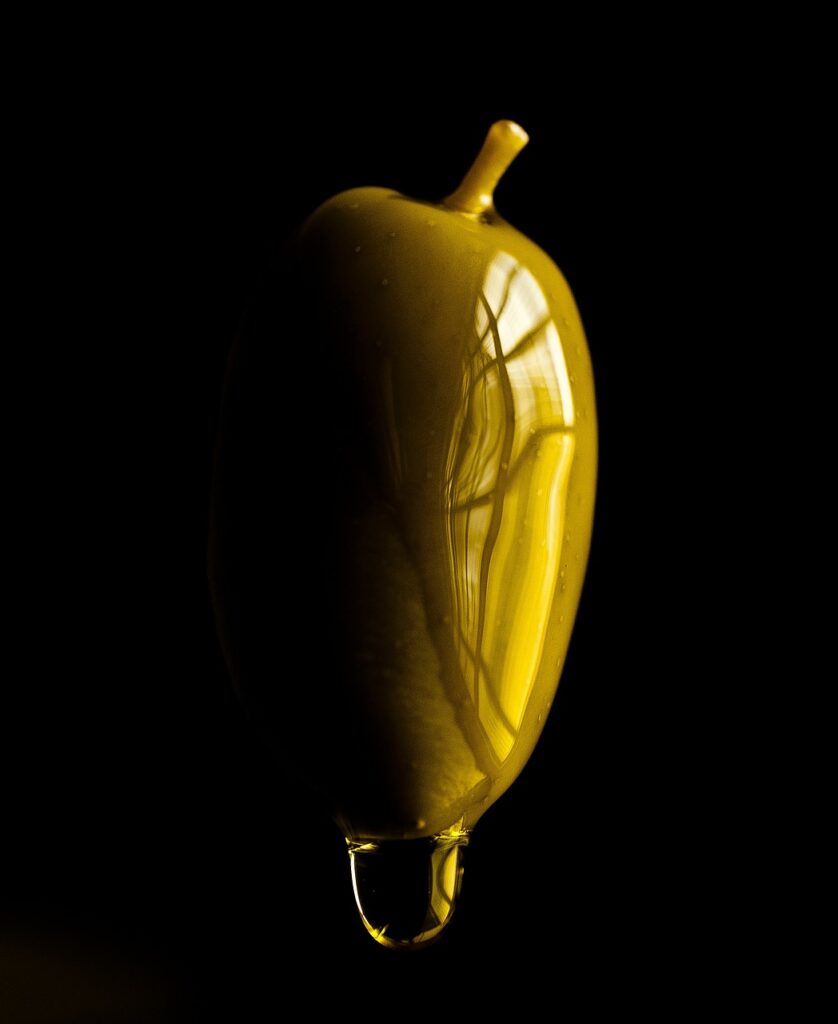

Pingback: Petisco is the better version of tapas in Portugal - Jorge Silva Lifestyle